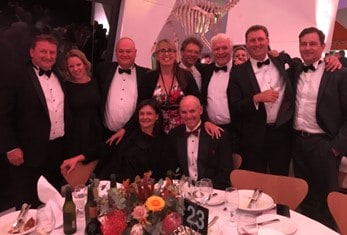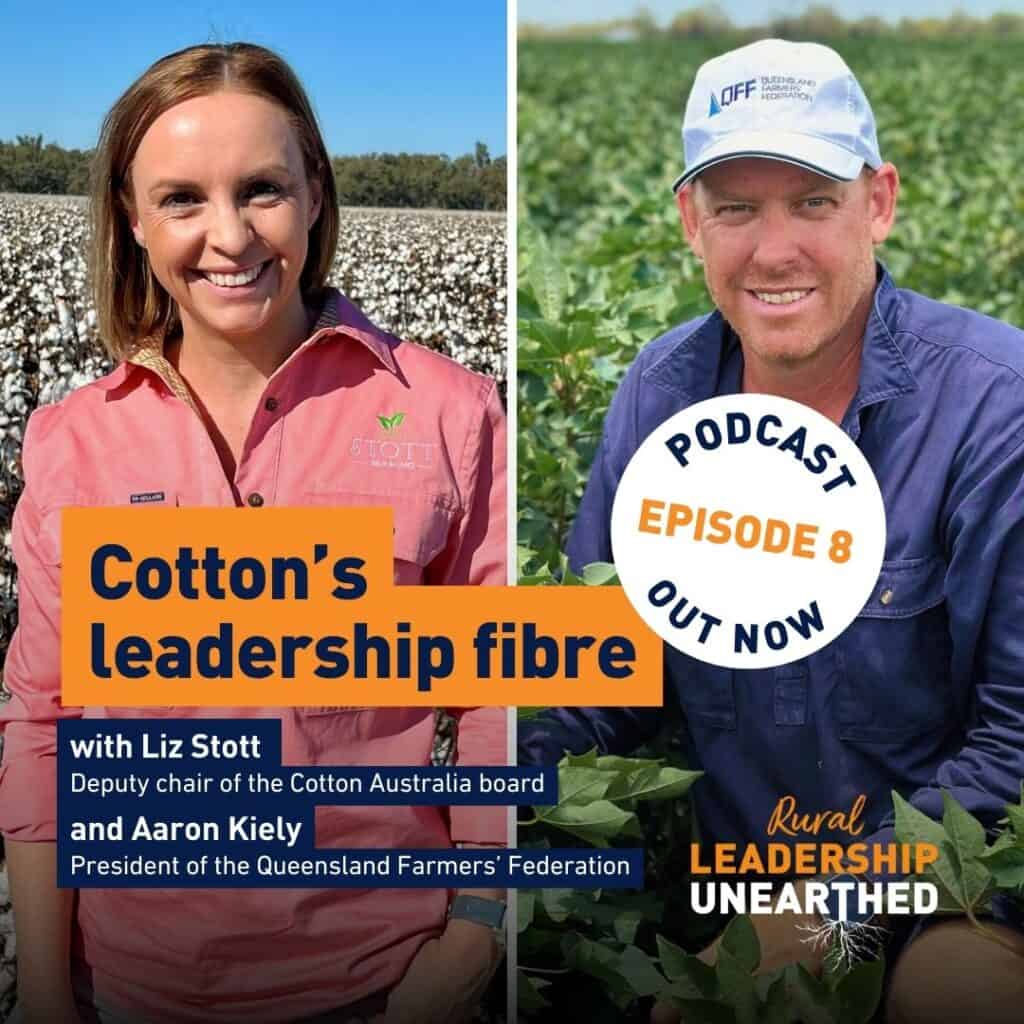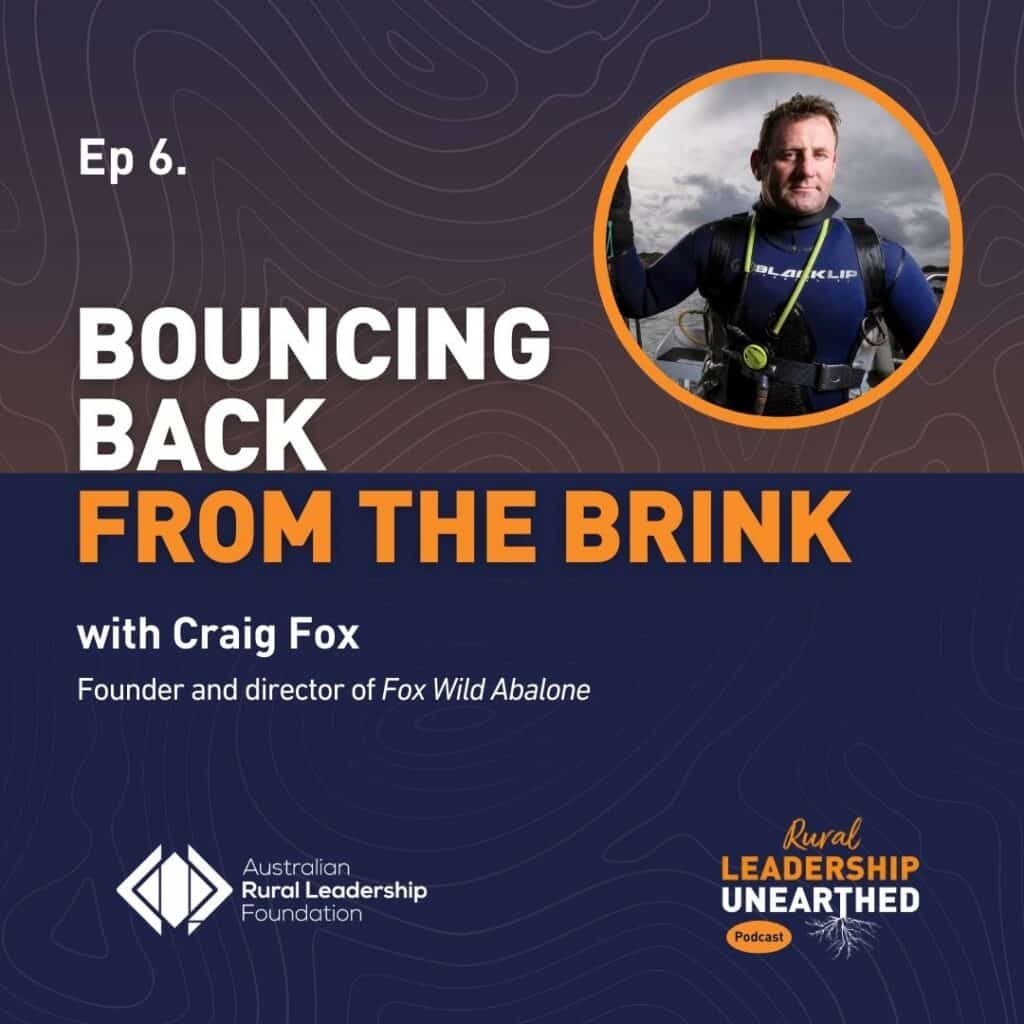Author: Claire Delahunty
Australian Rural Leadership Program (ARLP) alum, Kristie Tonkin, first experienced the power of mentoring during her time on Course 28 of the experiential program. Now, as a part of the Australian Rural Leadership Foundation’s (ARLF) National Mentoring Program, she is supporting others to work through challenges, while also connecting with her own learning process.
As a regional development specialist based in the Peel region of Western Australia, Kristie has followed her passion for understanding the unique needs of regional communities. She is an advocate for local engagement, which she sees as vital to the success of any policy or strategic plan for a region.
During her ARLP experience, participants were encouraged to join a mentoring program designed to build confidence to carry new ideas and approaches back into their jobs and industries.
“I went in with an open mind,” Kristie says. “Eventually we talked about a challenge I faced in meetings where sometimes I would become paralysed with fear. My mentor taught me not to worry about having the answers – if I’m invited to the table, then I’m meant to be there.”
Kristie worked on spending time listening and asking questions, and not applying any pressure to say or do the ‘right thing’.
She has just started a new role as Manager, Strategy with the WA Department of Primary Industries and Regional Development, where her reflective leadership style serves her well.
“The shift for me through the ARLP and that mentoring experience has been my understanding that I have something valuable to give, and the confidence that comes with this. Sometimes being able to listen and unpack things together with someone is just as powerful as having answers. That is part of my unique skillset, so I’ve learned to value that.”
The rewards of ‘paying it forward’
Through the ARLF National Mentoring Program, Kristie was matched with Isobella McGrath, a vet nurse and biosecurity specialist based in Hay, New South Wales.
“Bella and I have been in touch for nearly a year. She is young and has faced a difficult workload challenge and some under-resourcing. For her, it’s been about working on the confidence to say ‘no’ and to work through conversations assertively with people.”
The pair have worked specifically on strategies to reframe conversations and help people to understand the impact of their lack of engagement with a request or project. Using clear and structured communication has come up as an important way to manage expectations and hold some important boundaries.
For Kristie, it’s proving to be a valuable experience, and one that reminds her of a process and career stage she herself has grappled with.
“I think the opportunity my employer gave me through the ARLP is an amazing one, and I wanted to give that back not just in my community, but to anyone facing similar leadership challenges. Giving back like this is a way of keeping in touch with my own learning.” She says.
Kristie has also assisted Bella to tap into community organisations and volunteering opportunities, to build up her own leadership skills.
Working hard to make ‘place-based’ approaches the norm in regional development
In the Peel region, there are significant challenges around economic resilience.
“We are very much at the whim of the economic cycle,” Kristie explains. “When we have an economic downturn, things tend to go downhill quickly for a lot of people.”
With many jobs in the mining sector and a high level of low-income households, there is added complexity in intergenerational unemployment; a lack of role models demonstrating employment alternatives; and the trauma that can come from being stuck in this cycle.
Through a People of Peel initiative practitioners in the region are focused on ways to increase people’s capabilities to work in better paid professions, but also to support economic diversification and increase the economic opportunities available in the community over time.
While she has noticed an emerging narrative around ‘place-based initiatives’ from government, Kristie says it takes time for this to translate on the ground. Simple things like inconsistent classifications of regional and metropolitan areas under different funding schemes can create major hurdles.
“That can be tough,” Kristie acknowledges, “I think it’s about putting your effort where there is positive intent and willingness. Something I focus on now is building strategic relationships with other departments responsible for different services across the region so that we are aware of the ways we can support each other when we each have a seat at the table.”
People are the key
In her own sphere, Kristie uses the ARLP focus on ‘bringing others with you on the journey’, as a touchstone. She is careful not to get stuck on process and the end product at the expense of people and including communities in decisions that affect them.
In her spare time, Kristie is part of the Peel Community Foundation, which encourages regional philanthropy and works to inspire a culture of giving. Over the next 12 months, she will be working hard to build strategic relationships in local communities between locals interested in exploring philanthropy and not-for-profits with initiatives worthy of funding.
To do this, Kristie has had to push beyond another comfort zone to reach out and ask for things, knowing that it serves a function for the greater good.
“I will definitely focus on continuing to build the capabilities of leaders in my local community and in my work by being open to opportunities to mentor and share my learnings along the way.”
The National Mentoring Program is part of a suite of leadership development activities delivered by the ARLF under the Helping Regional Communities Prepare for Drought Initiative. The Initiative is funded by the Australian Government’s Future Drought Fund. Between 2021 and 2022 more than 300 people have participated in a first iteration of the program called the Drought Resilience Leaders Mentoring Program.








